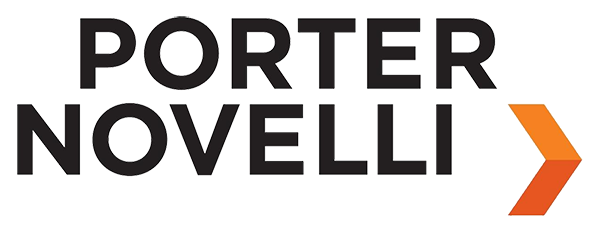Celebrating 30 Years of the ADA With Disability Inclusion
Celebrating 30 Years of the ADA with Disability Inclusion
On Sunday, July 26, the U.S. celebrated the thirtieth anniversary of the Americans with Disabilities Act (ADA). This Act extends civil rights to people with disabilities and prohibits discrimination in the workplace, public places, transportation, telecommunications and local government services and facilities. The ADA built a foundation of rights for people with disabilities but, as with all civil rights movements, there is a critical need to expand these rights. Companies are in a unique position to push the needle much further. This week, we examine how companies are building disability inclusion into their business strategy and fighting for a more inclusive world:
- Tommy Hilfiger has gone beyond representation and built one of the most expansive adaptive lines to date. The simple act of getting dressed poses challenges for some, so the designer brand integrated strategic tools like magnets and Velcro into their clothing to empower people with disabilities. Leaning into its iconic styles and colors with the line, the brand saw a need for not just adaptive clothing, but fashion forward clothing that is accessible to all.
- Zappos was most recently in the news for selling single shoes and mixed size pairs, which helps people with prosthetics or braces. Its adaptive line was started with one customer phone call three years ago and the realization that by making a change in the way products are sold, they could make life easier for all of their customers. They now offer shoes that are ankle-foot orthosis- (AFO) and orthotic-friendly. They also expanded clothing options made to be easier to take on and off, specifically for wheelchair users, as well as created another line to be sensory friendly.
- Target is known for celebrating inclusion and representation, but the brand realizes that truly being inclusive goes deeper than just marketing messages. Last year, Target turned heads by offering adaptive Halloween costumes, which was a huge advance for kids with disabilities, but it had even bigger plans for 2020. Not only is Target continuing to offer adaptive Halloween costumes this year, but the brand has expanded its adaptive lines to include some of its most popular lines, as well as new offerings, including accessible play sets.
Porter Novelli’s own research shows that over half of Americans say that if they don’t see themselves represented in a company’s marketing and communications, they are less likely to want to support that company. This, combined with the fact that one-in-four U.S. adults has a disability, means that disability inclusion is not just a “nice-to-have,” but rather an essential part of business strategy. So, as we move toward a more representative world, disability must be part of the movement.
Tommy Hilfiger and The Valuable 500 will be joining us next week for Day 2 of our Porter Novelli Purpose Summit to discuss the business imperative of disability inclusion. To sign up for this session and see the full agenda, please visit our website.

